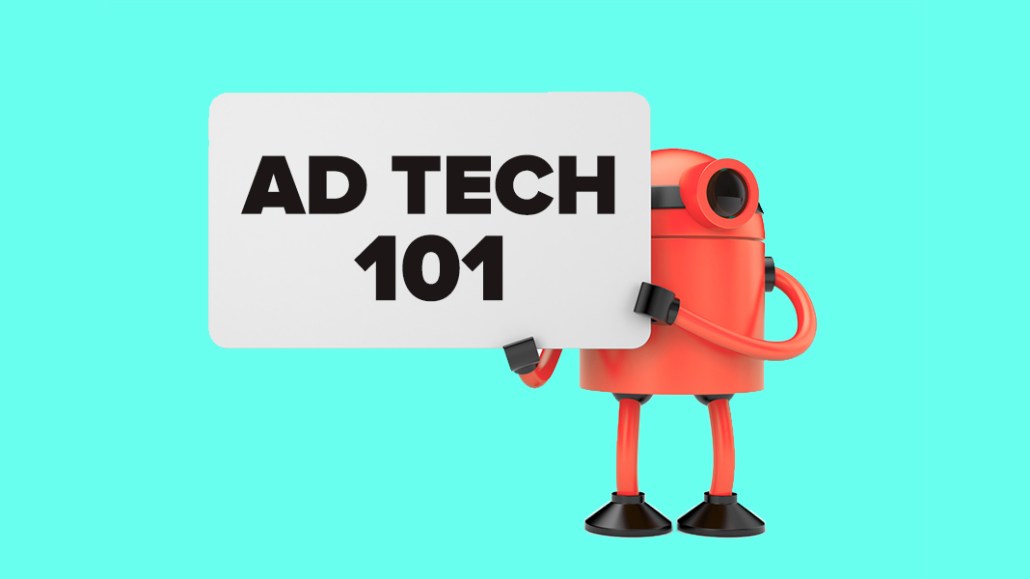Secure your place at the Digiday Publishing Summit in Vail, March 23-25
Marketers still shy away from venturing too deeply into ad tech

Programmatic advertising is changing too fast for many marketers, who are being pushed out of their comfort zones into an ad tech landscape they know little about.
Marketers at the Digiday Programmatic Marketing Summit Europe in Estoril, Portugal, privately confessed to finding ad tech a baffling environment that would require more time to tame than it’s worth.
“We shouldn’t rely on our technology partners to fix all our problems with advertising, but we do because media is still a small part of what we do versus our other responsibilities,” said one marketer.
The challenge, said Gawain Owen, Jellyfish’s digital strategy director, is in thinking about the technologies not just as a way to reduce display spend. Instead, Owen said marketers need to dig into the strategies their buying vendors use.
“Very rarely do brands understand what an SSP is,” said Owen, who previously handled media budgets at Diageo and Nestle. “That’s the point in the supply chain where I [as an advertiser] invested a lot of my time to understand. … I would ask publishers: Which supply-side platform would you like me to me to use, and why do you want me to use that particular one? Was it due to costs, or is that due to operational efficiency? If it was due to costs, then we would split the benefits with the publisher.”
Even for a more progressive advertiser like Duracell, pushing out from its comfort zone further into the supply chain is hard, said Jon Ones, head of digital for Duracell’s international markets.
“We trust our technology partners to choose our SSPs and negotiate the right deals with them for us,” he said. “It’s not something we’re focused on [in-housing] today because what we’re already doing [with the DSP] is bringing us so much already.”
Some advertisers like Siemens have brought programmatic talent in-house to make those calls after growing frustrated with the lack of help received from their agencies. As one agency executive during a closed-door town hall discussion said, “I’ve been at a network agency when a client has said they don’t want to use a certain partner, and the agency has countered with, ‘You are using that partner.’”
A marketer picked up on the point and urged agencies to help tackle advertising’s problems with technology. “It is really frustrating that when you ask a question [about transparency in ad tech], you get a bunch of spreadsheets,” this marketer said. “We need the transparency because we’re under pressure from different departments to look at where our money is going. It is no longer the case of just having a black hole we can throw money at in the hope it sticks somewhere.”
More in Media

Why more brands are rethinking influencer marketing with gamified micro-creator programs
Brands like Urban Outfitters and American Eagle are embracing a new, micro-creator-focused approach to influencer marketing. Why now?

WTF is pay per ‘demonstrated’ value in AI content licensing?
Publishers and tech companies are developing a “pay by demonstrated value” model in AI content licensing that ties compensation to usage.

The case for and against publisher content marketplaces
The debate isn’t whether publishers want marketplaces. It’s whether the economics support them.








